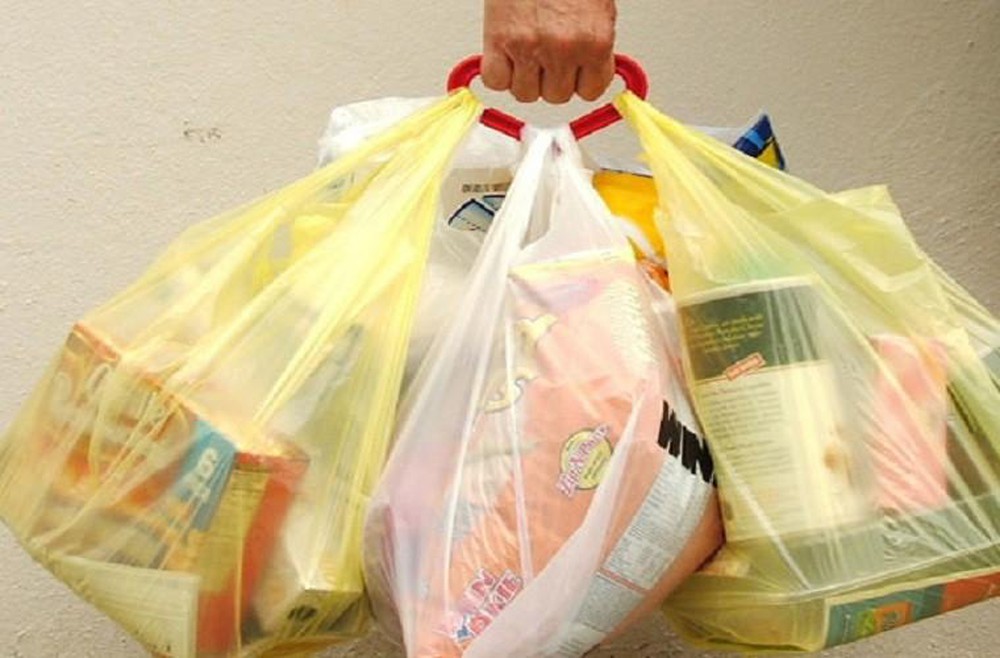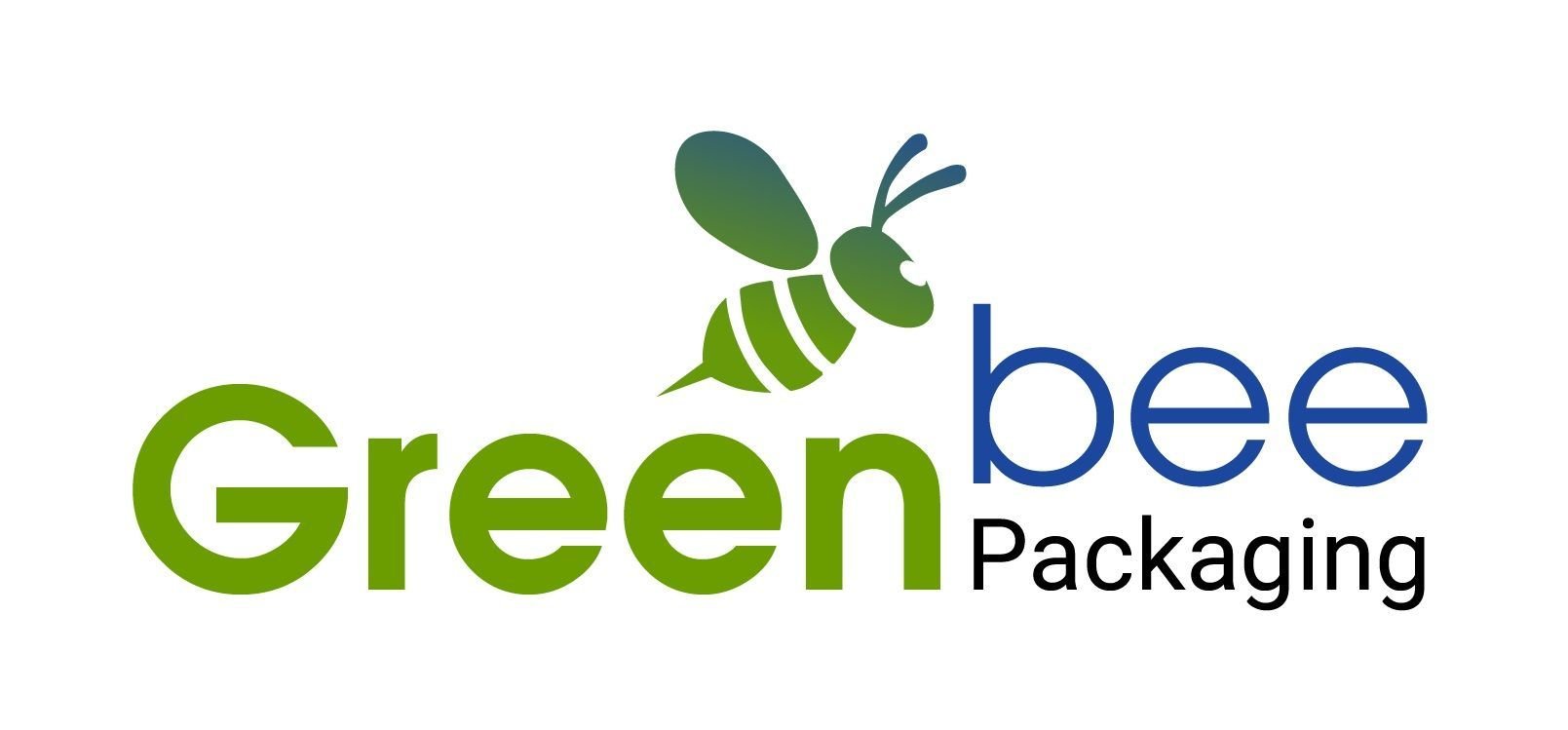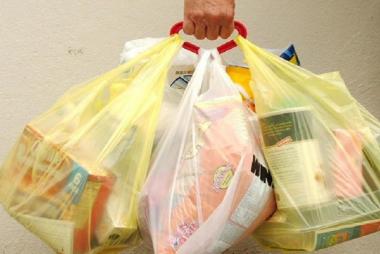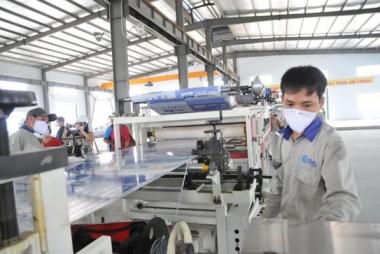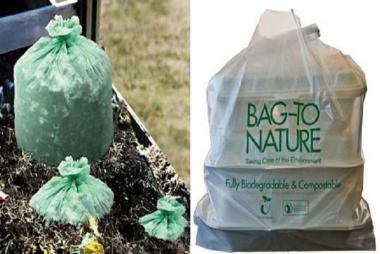Plastic bring more benefits for enviroment than other packaging materials
As we know, a few countries has bannedon thin plastic bags. According to a National Policy expert in Canadian Plastics Industry Association, plastic bag is better appreciated regarding environment than recycle bag and paper one. So, it is unreasonable for us to ban or impose tax on plastic bag.
If a number equivalent to the grocery stores is given, the request for production of paper bags is three times as much as the total original energy while only 1 % of restored energy is produced through combustion. Furthermore, the paper bags also produce more waste in landfills. Similarly, if the one-time plastic bags produce 15.5 pounds of waste, the waste papers produce up to 75 pounds (this is a big difference) and even, the plastic bags produce 68% greenhouse gas less than the incubated paper bags. Besides, the energy consumption of plastic bags is not as much as the manufacturing process of paper bags.
However, these bags can only be used 52 times on average. Supporters of a ban on plastic bags mainly argued that the ban will help reduce the amount of waste in landfill, decrease the problems of waste, protect the environment and reduce oil consumption. All these objections are not based on fact. In contrast, in practical, the local economy and environment is influenced by bans on plastic bags. The main reason why the policymakers put a ban on thin plastic bags is because of their impacts on environment. However, these impacts are not much and to some extends, plastic bags is better appreciated in term of environment than other substitute bags.
Consumption of energy:
Production of plastic bags, paper bags and other bags need energy, but some energy can be recovered if these bags are recycled through the combustion process:
– The traditional plastic bags need just 182,361,4 kcal (calories) to produce, but there are about 2,581.3 kcal which can be recovered through the combustion.
– The bags made from starch and other materials require twice energy (494,741.9 kcal) for production, but the amount of kcal can be recovered is 3,477.5 kcal.
– Paper bags are the worst with energy consumption which is 3 times as much as high plastic bags (626,672.9 kcal), while the amount of kcal can be recovered is 6,895.5 kcal.
Waste in landfills:
Similar studies compared the volume of material penetrating waste stream in cities, the real number of materials consumed in the combustion process, based on 1.000 paper bags, 1.500 plastic bags and 1.500 compost bags (create an equivalent capability).
– Production, consumption and disposal of plastic bags create 15.51 pounds of municipal solid waste.
– Compost bags create 42.32 pound of waste.
– And paper bags create the most waste, nearly 75 pound.
Therefore, traditional bags recover the largest energy and create the least waste.
Consumption of water:
An Australian study about shopping bags shows that with the different alternatives – disposal bags, compostable bags, paper bags and reusable bags – paper bags has the worst influence on energy and environment, global warming, land, water, and solid waste.
This study researches influence of bags on environment – based on 520 paper bags, disposal bags or compostable bags or 4.1 fabric bags. As a result, production of plastic bags and compostable bags use about 52.8 liter of water (exactly), while fabric bags use about 52.8 liter of water.
Plastic bags in comparison with paper bags:
Plastic bags are more environment-friendly than paper bags.
According to the Use Less Stuff – a group of activities on the environment, plastic bags create 39% of greenhouse gas emissions less than non-compostable paper bags and 68% to compostable paper bags.
Moreover, plastic bags consume 6% water less than paper bags do.
In other words, with the same amount of water, people can create more than 16 plastic bags, but 1 paper bags. Plastic bags consume 71% of energy in production process less than paper bags. Using paper bags create solid waste 5 times more than plastic bags
In addition, the UK’s Environment Agency has assessed the 9 types of environmental impacts of paper bags and plastic bags. The result shows paper bags are more harmful to the environment than plastic bags: Earth’s warming, abiotic depletion, acidification, eutrophication, human toxicity, freshwater aquatic ecotoxicity, and marine aquatic ecotoxicity, land ecotoxicity and terrestrial oxygen photochemical process.
Plastic bags in comparison with fabric bags:
Similarly, plastic bags are also more environment-friendly than fabric bags because the reusable bags aremade from cotton and other materials require a significant amount of agricultural land for the production, the production of fabric bags leads to deforestation. It can also increase erosion and lead to pesticide contamination in mixed variety of materials including metals, cotton and other fibers. Britain’s Environment Agency also determined that although cotton bag can be reused up to 104 times, but in fact, average only 52 times. The result is a fabric bag has a 2 times more negative impact on the environment than plastic bag.
Littering
Many studies show that plastic bags account for only a small portion of the garbage and the fact that the prohibition of such use also reduced a significant amount, the other studies indicate that plastic bags account for no more than average 1-2 % of the garbage. According to Keep America Beautiful campaign, plastic bags are not among the 10 national sources of this litter.
Recycling:
Currently, recycled plastic bags have reached a higher percentage than 10 years ago. According to a survey done by Moore Recycling Associates, some types of recovered have an increase of 27 % between 2009 and 2010. These bags account for about 13 % of recovered plastic film and materials in 2010. The figure reached nearly 127 million pounds in 2009.
More importantly, there is no environmental benefit when applying the ban on plastic bags – just potential hazards. Compared with fabric bags, plastic bags require less energy in production as well as in recycling and create less waste in urban areas. In addition, plastic bags also generate fewer greenhouse gas emissions and use less water in production than paper bags.
